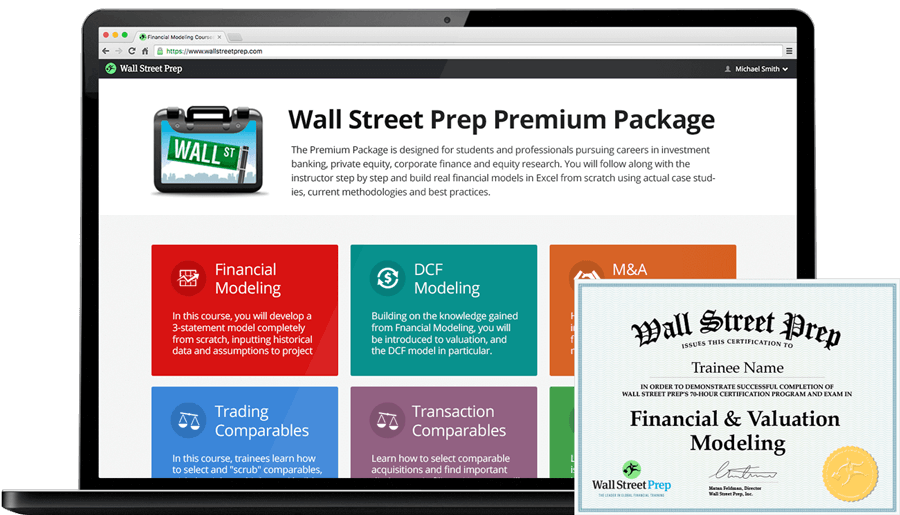What are Marketable Securities?
Marketable Securities are short-term investments with high liquidity that could be sold and be converted into cash quickly (<90 days).

What is the Definition of Marketable Securities?
Marketable securities are defined as investments with short-term maturities that can be easily sold on public exchanges such as the Nasdaq and NYSE.
Since these securities regularly trade at high volumes, their value remains relatively constant with minimal fluctuations (i.e. high liquidity).
From the date of purchase to a hypothetical sale, the value at exit is therefore relatively known – so such holdings can be viewed as “cash-like” assets.
With that said, to qualify as marketable securities, the two distinct features are:
- Readily Convertible into Cash (Within 90 Days or 3 Months)
- Purchased with Intent to Sell if Needed
Why Invest in Marketable Securities?
The reason why companies opt to allocate cash towards marketable securities is to generate a fixed, low-risk return with their cash on hand, as opposed to letting the idle cash lose value from the effects of inflation.
Further, companies are incentivized to keep a certain amount of cash in reserve should sudden circumstances such as a cash shortfall were to occur or if an attractive acquisition opportunity appears.
Compared to higher-risk investments such as options, marketable securities yield lower returns – in addition, marketable securities are usually only held for around one year or less – so the maturity risk is reduced from the liquidity built into the investment.
Therefore, marketable securities enable companies to earn low-risk returns on their cash balances while remaining prepared for a sudden need for cash (i.e. “cushion”).
What are the Different Classifications of Marketable Securities?
Marketable securities are typically included in the cash and cash equivalents line item, the first line item on the current assets section of the balance sheet.
Moreover, marketable securities can come in the form of equity securities (e.g. ETFs, preferred shares) and debt investments (e.g. money market instruments).
There are broadly three different classifications of marketable securities:
- Available for Sale (AFS): Purchased with the intention to sell prior to maturity
- Held-to-Trading: Bought for the purpose of receiving a short-term gain post-sale and before full maturity
- Held to Maturity (HTM): Purchased with plans to hold until the date of maturity
What is an Example of Marketable Securities?
As a standard modeling convention, marketable securities are often consolidated into the “Cash and Cash Equivalents” line item.
For example, Apple has both short-term and long-term marketable securities – which, despite being broken out in the financial statements – are combined into one line item, as the key drivers in their respective roll-forward schedules are the same.

Apple 3-Statement Financial Model (Source: WSP FSM Course)

Everything You Need To Master Financial Modeling
Enroll in The Premium Package: Learn Financial Statement Modeling, DCF, M&A, LBO and Comps. The same training program used at top investment banks.
Enroll Today





Very good source of information! Very well-explained marketable securities.